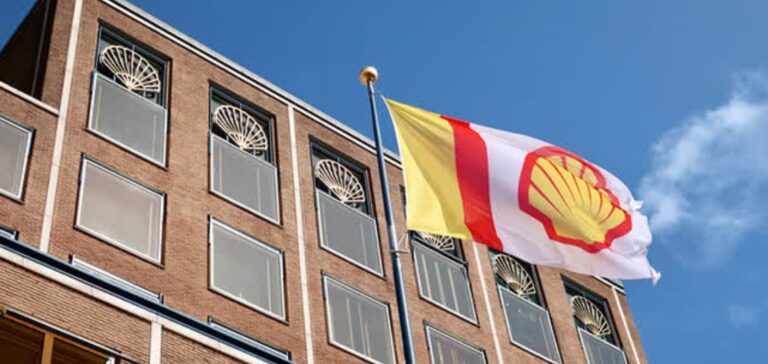Shell’s decommissioning of the Brent oil field, an operation begun in 2017 after more than four decades of operation, marks the end of an era for one of the North Sea’s most important fields. The process, prepared since 2006, includes the removal of the last platform, Brent Charlie, scheduled for later this year, illustrating the complexity and scope of the dismantling efforts.
Financial impact of tax refunds
Shell has revealed that it has received $748 million in tax refunds from the UK government since 2015 for the decommissioning of the Brent field and other North Sea assets. These refunds, which can be seen as financial support for decommissioning costs, reflect tax policies designed to encourage responsible practices in the offshore oil industry.
Clarification on tax breaks
Contrary to some interpretations, the tax breaks granted for dismantling do not constitute a subsidy but rather a refund of taxes previously paid. This practice, although legal and provided for in tax legislation, is attracting public scrutiny, particularly at a time of record profits for oil companies like Shell.
Decommissioning cost considerations
The debate over how to fund the decommissioning of oil and gas infrastructure continues, with the National Audit Office projecting a total bill of £24 billion for the British taxpayer. The size of the reimbursements received by Shell, particularly in the context of the post-pandemic recovery and the company’s high profits, is fuelling discussions about the balance between government support and corporate financial responsibility.
Shell’s commitment to transparency
In its report, Shell states that the disclosure of its tax payments is intended to provide a better understanding of its tax contributions. Although this transparency approach meets a need for clarity, it does not diminish the public interest in a fair distribution of the costs associated with dismantling oil infrastructures at the end of their life.
Tax refunds received by Shell for the decommissioning of the Brent oil field in the North Sea raise questions about fiscal and environmental policies. As the oil industry continues to navigate between profitability and environmental responsibility, transparency and public debate remain crucial to balancing economic and ecological interests.






















